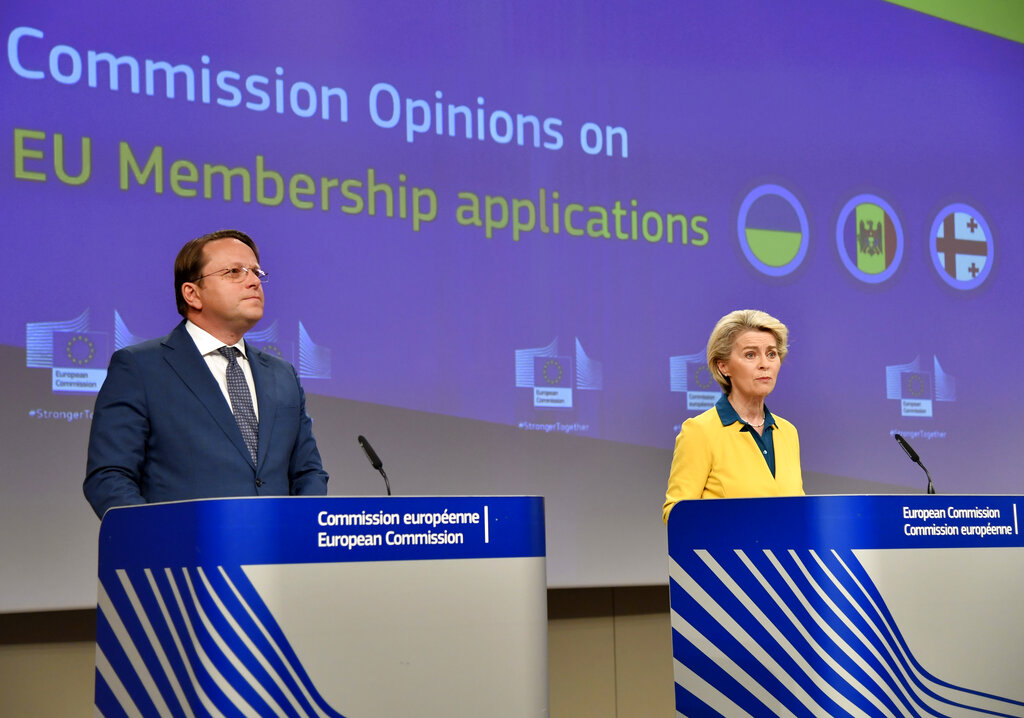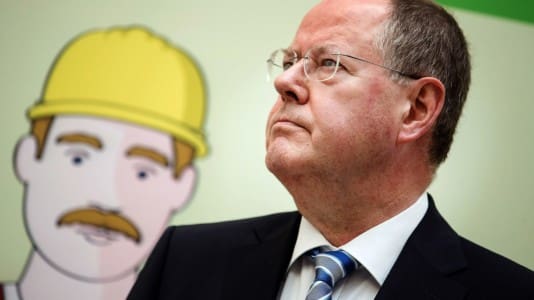Bosnia and Herzegovina should be included in the group of membership candidates by the European Commission, Hungarian Justice Minister Judit Varga told international journalists ahead of a two-day summit of EU leaders starting on Thursday.
Six days ago, the European Commission released its opinion on membership candidates, saying that “Ukraine should be granted candidate status,” but for both Moldova and Georgia its recommendation was that these countries should be “given the perspective” to become members of the European Union.
In the case of Georgia, Varga said it should not be overlooked that a geopolitical decision had been made in the case of Ukraine and Moldova regarding them becoming members, which has overridden the previous enlargement criteria, as there is an imminent security threat in the EU’s neighborhood. Even though the EU decision was made in such a political situation, Varga said that no distinction could be made between the candidate countries.
The Hungarian justice minister said that due to the expected protracted Russian-Ukrainian war, the Hungarian government had drawn up a budget that could deal with the effects of the conflict. The Hungarian budget focuses, among other things, on overhead cuts and national defense.
Hungary believes that the European Commission should follow this logic as well, and not aim to reduce the competitiveness of individual countries and increase disparities, Varga said.
Regarding the global minimum tax planned to be introduced in early January, she said that in the current war situation, when energy prices have soared due to inflation and EU sanctions, such a tax is not appropriate, as it would harm the European continent’s competitiveness and lead to job losses. In addition, most countries in the world, including the United States, have no plans to take action in the short term, she said.
Varga said that Hungary had always been able to reach a compromise with the European Commission if a professional dispute developed.
The European Commission should help ensure that resources reach the member states that could play a significant role in tackling the current crisis and recession. These resources should also be directed at supporting the green transition. The EU is currently blocking funding to Hungary, but Varga said that that unnecessary, politically-motivated debates should not delay vital funding that member states need.
When there is a need for cooperation, openness and professional agreement, the Hungarian government was always available, Varga added.





